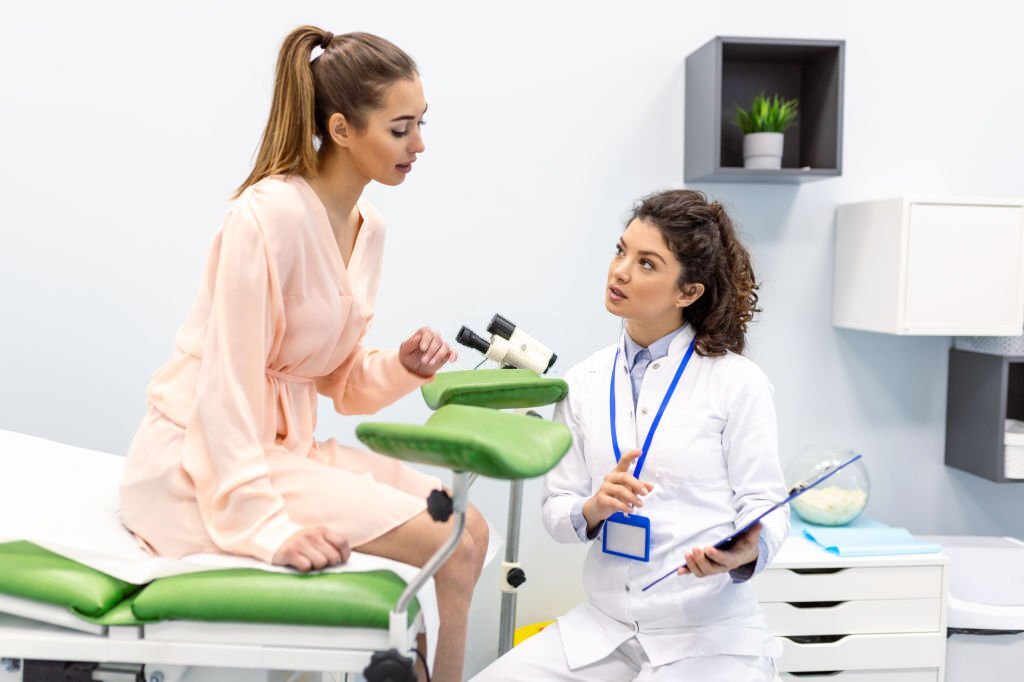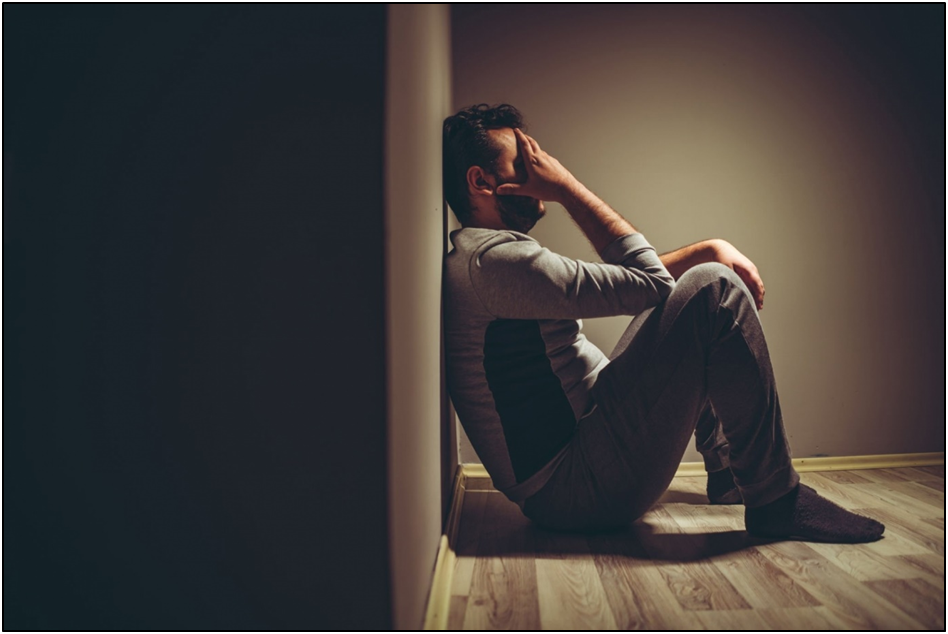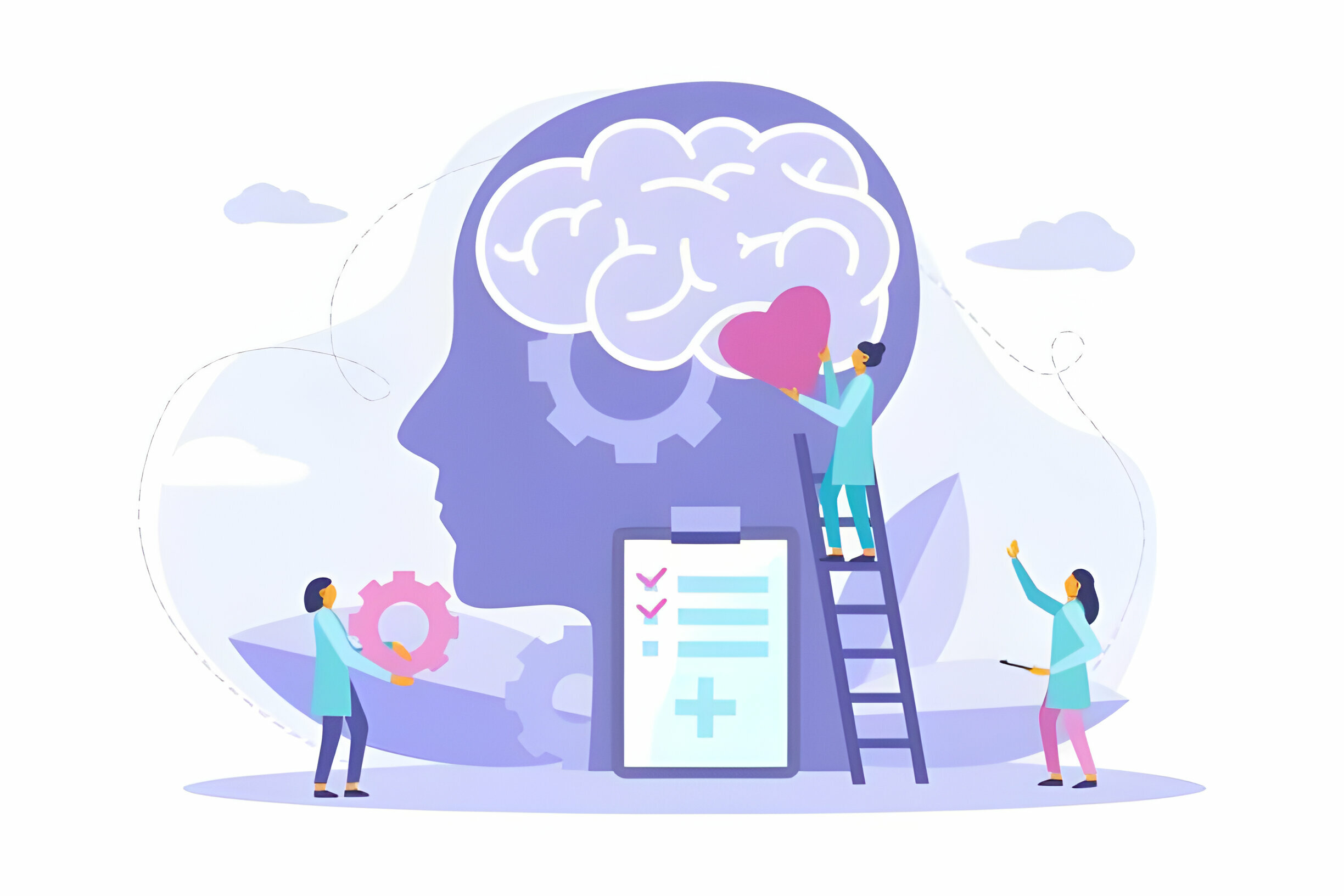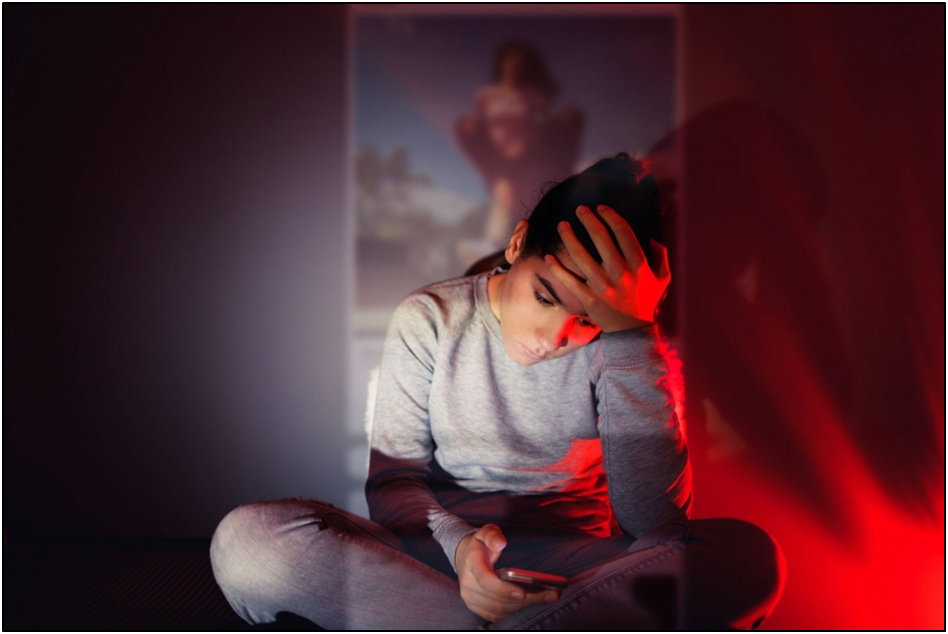Introduction
The introduction can set the stage by highlighting the increasing importance of mental health awareness and the role of mental health doctor in Panchkula. It would emphasize the significance of their role in supporting emotional wellness and challenging societal stigmas associated with mental health issues.
The significance of their role extends far beyond clinic walls. They are pioneers in the pursuit of emotional wellness, guardians challenging the entrenched stigmas surrounding mental health, and innovators harnessing advanced therapies to heal the invisible wounds afflicting countless individuals.
Within this bustling metropolis, these professionals, armed with extensive training and boundless empathy, tread a path that intertwines clinical expertise with unwavering advocacy. They don the mantle of change-makers, striving not just to treat but to illuminate the often shadowed realms of mental health.
-
Understanding the Role of Mental Health Doctors
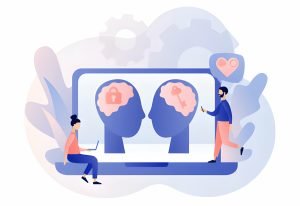 This section would delve into the various responsibilities and expertise of mental health doctors in Panchkula. It could discuss their training, specialization, and the diverse range of mental health conditions they address.
This section would delve into the various responsibilities and expertise of mental health doctors in Panchkula. It could discuss their training, specialization, and the diverse range of mental health conditions they address.
-
Promoting Emotional Wellness
Here, the focus could be on the strategies and techniques mental health doctors employe to promote emotional wellness among their patients. This might include therapy, counselling, medication, and holistic approaches.
-
Breaking Stigma Associated with Mental Health
This section could explore how mental health doctors play a pivotal role in breaking societal stigmas. They often educate communities, advocate for mental health awareness, and work towards creating a more accepting environment for individuals struggling with mental health issues.
Frequently asked questions (FAQs)
Q. What qualifications do mental health doctor in Panchkula possess?
Mental health doctors in Panchkula typically hold medical degrees (MBBS) followed by specialized training in psychiatry or psychology. Many also pursue further certifications and degrees in specific areas of mental health care.
Q. How do mental health doctors help in managing different mental health conditions?
Mental health doctors employ various treatment approaches including therapy, medication, lifestyle changes, and counselling tailored to each patient’s unique needs and the specific condition they are addressing.
Q. Are mental health doctors only for severe mental health conditions?
No, mental health professionals treat a wide range of issues related to mental health, from minor to serious. They offer assistance with a range of concerns, including as relationship troubles, stress management, depression, and anxiety.
Q. What qualifications do mental health doctors in Panchkula possess?
Mental health doctor in Panchkula undergo rigorous education and training. They typically hold a Bachelor of Medicine and Bachelor of Surgery (MBBS) degree followed by specialized training in psychiatry or psychology. Many pursue postgraduate degrees and certifications in specific areas of mental health care, enhancing their expertise in treating various conditions.
Q. How do mental health doctors help in managing different mental health conditions?
These professionals employ a range of therapeutic approaches tailored to individual needs. They conduct thorough assessments to understand the root causes and nuances of each condition. Their treatment plans may include therapy sessions, medication when necessary, lifestyle adjustments, and counselling to address diverse mental health challenges.
-
Promoting Emotional Wellness
 Mental health doctor in Panchkula are pivotal in promoting emotional wellness among individuals grappling with various mental health challenges. Their approach involves a comprehensive understanding of each patient’s unique needs. Through various therapeutic techniques, they assist in managing emotions, improving coping mechanisms, and fostering resilience.
Mental health doctor in Panchkula are pivotal in promoting emotional wellness among individuals grappling with various mental health challenges. Their approach involves a comprehensive understanding of each patient’s unique needs. Through various therapeutic techniques, they assist in managing emotions, improving coping mechanisms, and fostering resilience.
Psychotherapy stands as a cornerstone of their practice, encompassing different modalities such as cognitive-behavioural therapy (CBT), dialectical behavior therapy (DBT), and mindfulness-based interventions. These methods aid in addressing a spectrum of emotional concerns, empowering patients to navigate life’s challenges more effectively.
-
Breaking Stigma Associated with Mental Health
One of the most commendable roles mental health doctor in Panchkula assume is their tireless effort in breaking the pervasive stigma surrounding mental health. They actively engage in community outreach programs, workshops, and public speaking engagements to raise awareness and dispel myths.
Their advocacy extends beyond clinical settings, aiming to shift societal perceptions regarding mental health. By normalizing conversations, encouraging openness, and emphasizing the prevalence and treatability of mental health conditions, these professionals contribute significantly to reducing stigma.
-
Clinical Expertise and Personalized Care
These professionals engage in continuous learning, keeping abreast of the latest research and treatment modalities. They adopt evidence-based practices, adapting their approaches to suit individual needs. Moreover, their ability to establish a strong rapport with patients fosters a safe and trusting environment conducive to healing and progress.
-
Impact on Emotional Well-being and Society
The impact of mental health doctors in Panchkula reverberates beyond the confines of their offices. By empowering individuals to manage their mental health, they contribute to overall emotional well-being. Their interventions not only alleviate symptoms but also equip patients with coping mechanisms to navigate life’s complexities with resilience and strength.
-
Innovation in Treatment Approaches
Mental health doctor in Panchkula embrace innovation in their treatment approaches. They are at the forefront of incorporating new therapeutic modalities and technological advancements into their practice. From tele therapy to virtual reality-based exposure therapy, these professionals leverage technology to enhance accessibility and effectiveness in delivering mental health care.
-
Cultural Sensitivity and Tailored Interventions
Recognizing the diverse cultural landscape in Panchkula and its impact on mental health perceptions, mental health doctors approach each case with cultural sensitivity. They understand the nuances of various cultural backgrounds and how these factors influence an individual’s perspective on mental health and seeking treatment.
-
Continual Advocacy and Education
The work of mental health doctors extends beyond the confines of their clinics. They continually advocate for policy changes and increased funding to improve mental health services in Panchkula. Through educational initiatives in schools, workplaces, and community centres, they aim to instil mental health awareness from an early age, promoting preventive strategies and destigmatizing mental health discussions.
-
Impact through Case Studies
Illustrating the profound impact mental health doctors have on individuals’ lives can be achieved through compelling case studies. These narratives highlight real-life experiences, showcasing how these professionals intervene and guide patients toward recovery and well-being.
-
Real-World Impact Case Studies
Another impactful case study could feature a young adult navigating depression and the journey they undertook with the guidance of a mental health doctor in Panchkula. Detailing the tailored treatment plan, which might involve a combination of therapy, medication, and lifestyle adjustments, showcases how these professionals adapt their strategies to meet individual needs.
-
Innovative Therapeutic Approaches
Mental health doctors in Panchkula continually explore innovative therapeutic approaches to enhance treatment efficacy. For instance, they might incorporate art therapy, animal-assisted therapy, or ecotherapy into their practice. These unconventional methods often offer unique avenues for expression, healing, and self-discovery, catering to diverse patient preferences and needs.
-
Harnessing Technology for Care
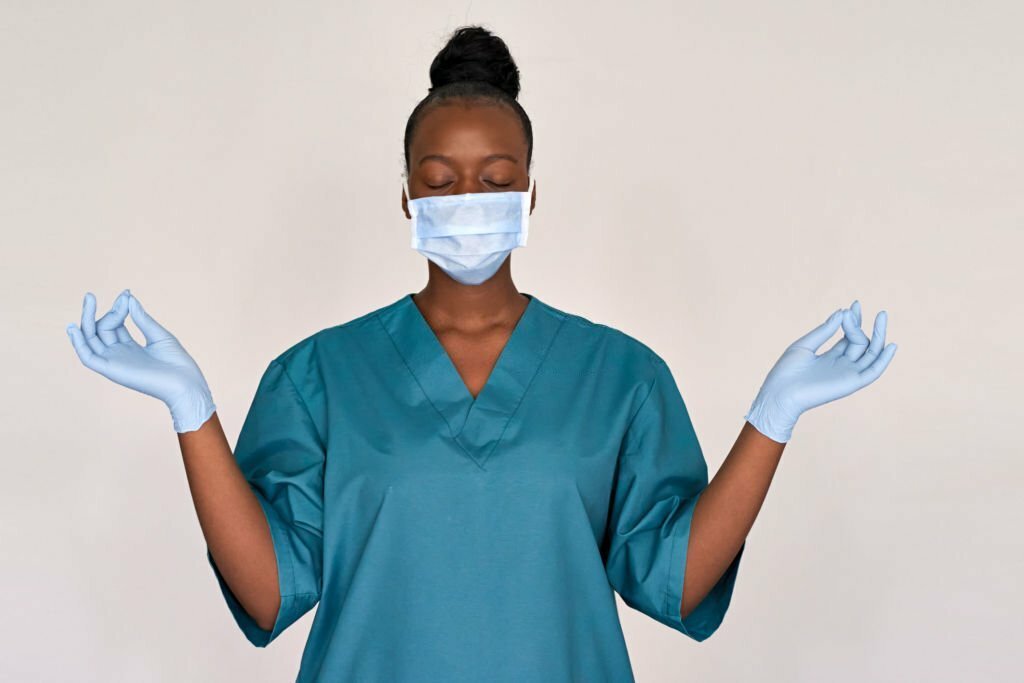
Technology has emerged as a significant ally in mental health care delivery. Mental health doctors in Panchkula harness technology not just for tele therapy but also for digital interventions. They utilize online platforms offering self-help resources, guided meditation sessions, and virtual support groups, ensuring continuous access to mental health support beyond clinic hours.
Understanding the Role of a Mental Health Doctor:
-
Identification and Testing:
Identification and Testing: Mental health professionals are qualified to evaluate, identify, and manage a wide range of mental health issues, from mild cases of anxiety and depression to more serious illnesses like mental disorders.
-
Treatment Planning:
They develop personalized treatment plans tailored to the unique needs of each patient, which may include therapy, medication, or a combination of both.
-
Support and Counseling:
Mental health professionals help people and their families deal with mental health issues by giving them important emotional support and therapy.
-
Advocacy and Education:
As advocates for mental health education and awareness, they decrease barriers and create understanding in the community.
Finding a Mental Health Doctor in Panchkula:
-
Online Directories and Platforms:
To get a list of mental health physicians in Panchkula, use internet resources like directories and healthcare service platforms.
-
Referrals:
Ask for advice from reliable people, such as close relatives, friends, or primary care physicians who could know of respectable psychiatrists in the region.
-
Hospital and Clinic Websites:
Look through the websites of Panchkula’s medical facilities to find the mental health divisions or specific clinicians with a focus on psychological treatment or psychiatry.
-
Professional Organizations:
For recommendations or lists of licensed mental health professionals in Panchkula, check out associations such as the Indian Association of Clinical Psychologists or the Indian Psychiatric Society.
Important Things to Look for in a Mental Health Physician:
-
Qualifications and knowledge:
Seek a psychiatrist with extensive expertise treating a broad range of mental health conditions who is both licensed and board-certified.
-
Treatment Strategy:
Take into account their treatment strategy and see whether it fits your needs and preferences. They may mainly concentrate on counseling, medication management, or a combination of the two.
-
Accessibility and Availability:
Consider aspects like their practice’s location, the availability of appointments, and their ability to work around your schedule.
-
Comfort and Comfort Level:
Effective treatment depends on the patient and mental health provider having a good relationship and trust. To find out if you two get along, set up a first meeting.
Problems in getting Mental Health Services:
-
Stigma and Cultural Barriers:
The stigma associated with mental health is still present in a number of areas, including Panchkula, despite increased knowledge of the problem. Cultural assumptions and views could prevent people from getting the mental health care they need.
-
Limited Resources:
Like many other Indian localities, Panchkula has difficulties with the availability of resources for mental health. Long appointment wait times, a lack of skilled users, and limited access to specialist therapies could all be present.
-
Affordability:
Many people find that the expense of mental health care is an important barrier, particularly those who come from low-income homes. This problem is made worse by limited insurance coverage for mental health services.
Addressing the Challenges:
-
Community Access and Education:
It is important to give top priority to programs that fight exclusion and increase public knowledge of mental health. Dispelling assumptions and empowering people to ask for help without fear of rejection can be achieved through media campaigns, educational workshops, and community outreach programs.
-
Integration of Mental Health Services:
Enhancing access and lowering stigma are two benefits of integrating mental health treatments into primary care settings. The overall quality of care can be improved by using working together care models that entail working together with primary care physicians and mental health specialists.
-
Telehealth Services:
Enhancing access to mental health care, especially in rural places, can be achieved by employing technology to deliver telehealth services, which may overcome geographic barriers. For those in need of help, online therapy sessions and virtual consultations provide convenience and flexibility.
-
Government Initiatives and Policies:
To address the challenges related to mental health treatment, government support is essential. Ensuring equal access to care requires funding mental health facilities providing services at lower prices to disadvantaged people, and establishing laws protecting the rights of those suffering from mental illness into place.
Empowering Individuals in Their Mental Health Journey:
Self-Care and Dealing Techniques:
People can better manage their mental health if they are given the chance to take part in self-care and learn coping mechanisms. Complementing professional treatment are strategies like awareness, relaxation exercises, and upholding a healthy lifestyle.
Social Networks:
For people dealing with comparable mental health issues, peer support groups are an invaluable source of compassion, understanding, and fellowship. Developing relationships with people who have lived experiences helps lessen feelings of loneliness and provide a sense of belonging.
Activism and Campaigning:
Participation and advocacy are essential for bringing about systemic change and changing mental health care policies. A more accepting and supportive atmosphere for those dealing with mental illness can be fostered by people sharing their experiences, fighting for better resources, and fighting discrimination.
Conclusion
In conclusion, mental health doctor in Panchkula play a vital role in fostering emotional wellness and combating the stigma associated with mental health. Their expertise, dedication, and efforts contribute significantly to creating a healthier, more understanding society where mental health is prioritized.
Remember, each of these articles would be unique, offering different angles, case studies, statistics, and expert opinions to provide depth and diversity in information while focusing on the central theme of the vital role of mental health doctors in Panchkula.




